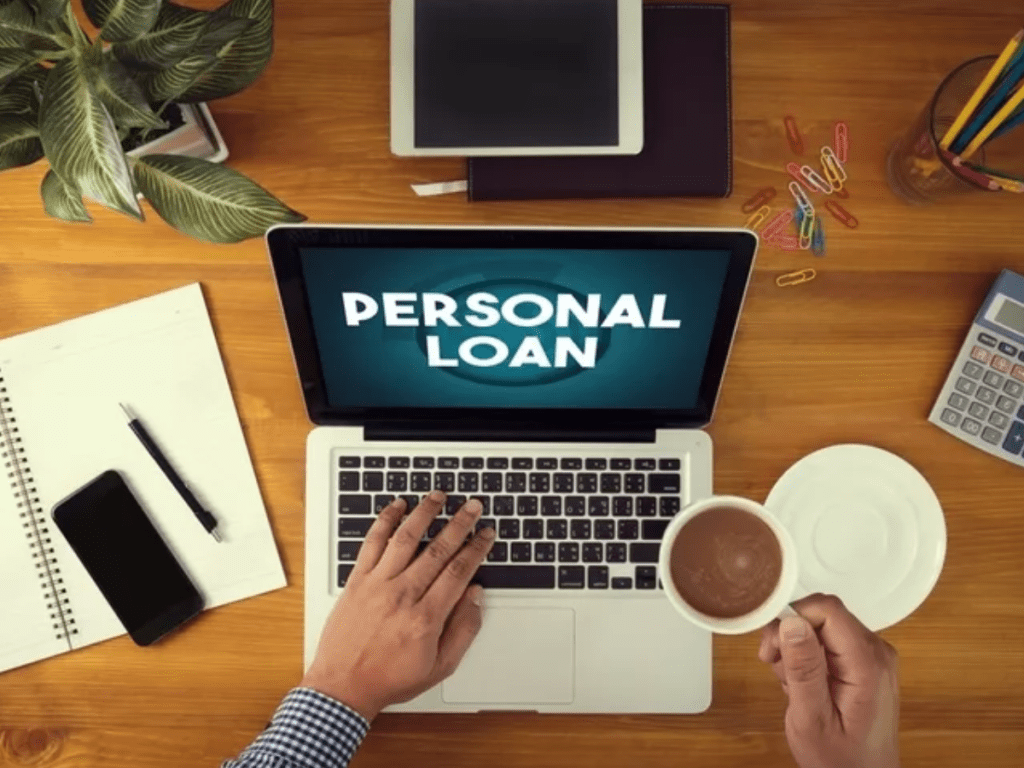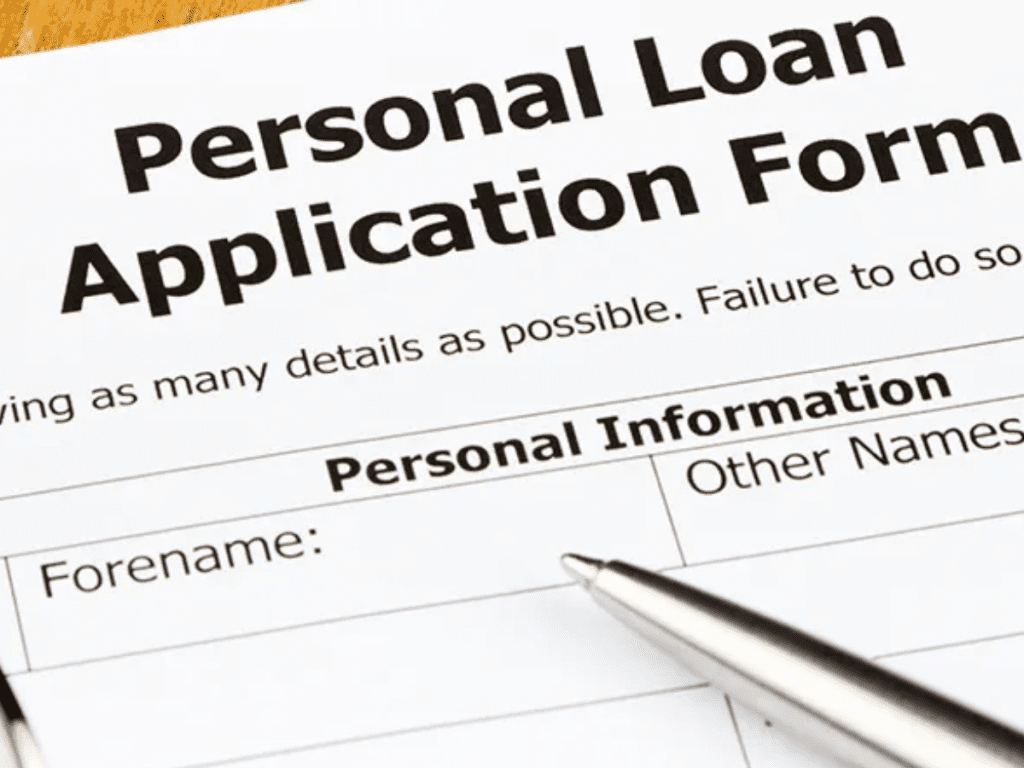Introduction
Personal loans are a versatile financial tool that can help individuals achieve various goals, from consolidating debt to funding major life events. However, like any financial product, they must be used wisely to avoid unnecessary costs or financial strain. This comprehensive guide will outline the best practices for using personal loans effectively and responsibly.
Understanding Personal Loans
A personal loan is a type of unsecured loan offered by banks, credit unions, and online lenders. Unlike secured loans, personal loans do not require collateral, making them accessible to a wide range of borrowers. They typically come with fixed interest rates, set repayment terms, and predictable monthly payments. Borrowers can use personal loans for various purposes, including:
- Debt consolidation
- Home improvements
- Medical expenses
- Education costs
- Emergency expenses
- Wedding or vacation funding
Best Practices for Using Personal Loans
- Clearly Define Your Purpose Before applying for a personal loan, identify the exact reason you need it. Whether it’s to consolidate high-interest debt or cover unexpected expenses, having a clear purpose helps you stay focused and prevents impulsive borrowing.
- Assess Your Financial Situation Evaluate your current financial health, including your income, expenses, and existing debts. Use this information to determine how much you can afford to borrow and repay comfortably.
- Shop Around for the Best Rates Not all lenders offer the same interest rates or terms. Compare offers from multiple lenders to find the best deal. Pay attention to factors like interest rates, fees, and repayment terms to choose the most cost-effective option.
- Check Your Credit Score Your credit score plays a significant role in determining the interest rate and terms of your personal loan. A higher score can help you qualify for lower rates, saving you money over the life of the loan. If your score needs improvement, consider taking steps to boost it before applying.
- Borrow Only What You Need While it may be tempting to borrow more than necessary, doing so increases your debt burden and interest payments. Stick to the amount required for your specific purpose and avoid over-borrowing.
- Understand the Terms and Conditions Carefully read the loan agreement, including the interest rate, fees, repayment schedule, and any penalties for late payments or prepayment. Understanding the terms helps you avoid surprises and ensures you can meet your obligations.
- Create a Repayment Plan Develop a repayment strategy before taking out the loan. Factor the monthly payment into your budget to ensure you can make timely payments without straining your finances. Automating payments can also help you stay on track.
- Use the Loan for Its Intended Purpose Resist the urge to spend loan funds on non-essential items or expenses. Misusing a personal loan can lead to financial difficulties and undermine your original goals.
- Avoid Predatory Lenders Be cautious of lenders who offer loans with excessively high interest rates, hidden fees, or unrealistic repayment terms. Research the lender’s reputation and ensure they are legitimate and trustworthy.
- Consider Alternatives to Personal Loans Depending on your financial needs, alternative options may be more suitable. For example, a 0% APR credit card can be useful for short-term financing, while a home equity loan might be better for significant expenses like renovations.
Common Mistakes to Avoid
- Borrowing Without a Plan Taking out a loan without a clear plan for how you will use the funds and repay them can lead to financial trouble. Always have a strategy in place.
- Ignoring the Total Cost Many borrowers focus solely on the monthly payment without considering the total cost of the loan, including interest and fees. Calculate the overall cost to ensure the loan is affordable.
- Taking on Too Much Debt Over-borrowing can strain your budget and make it difficult to manage other financial obligations. Keep your debt-to-income ratio below 40% to maintain financial stability.
- Missing Payments Late or missed payments can lead to penalties, higher interest rates, and damage to your credit score. Set reminders or automate payments to avoid this issue.
- Failing to Compare Lenders Not all lenders are created equal. Failing to compare options can result in higher interest rates and unfavorable terms. Take the time to shop around for the best deal.
When to Use a Personal Loan
- Debt Consolidation Personal loans can simplify debt management by combining multiple high-interest debts into a single loan with a lower interest rate. This can reduce your monthly payments and save on interest costs.
- Emergency Expenses Unexpected medical bills, car repairs, or other emergencies can be managed with a personal loan, providing quick access to funds when you need them most.
- Home Improvements If you want to renovate or improve your home, a personal loan can be a viable alternative to home equity loans or lines of credit, especially if you don’t want to use your property as collateral.
- Major Life Events Personal loans can help cover significant expenses like weddings, vacations, or education costs. However, it’s crucial to borrow only what you can afford to repay.
- Building Credit Responsible use of a personal loan can help improve your credit score by demonstrating your ability to manage debt and make timely payments.
When to Avoid a Personal Loan
- Non-Essential Expenses Avoid using personal loans for discretionary spending, such as luxury items or vacations, unless you have a clear repayment plan.
- Unstable Financial Situation If your income is uncertain or you’re already struggling with debt, taking out a personal loan can exacerbate your financial problems.
- High-Interest Loans If you’re offered a personal loan with an excessively high interest rate, explore other options or wait until you can qualify for better terms.
Tips for Managing Personal Loans
- Track Your Payments Stay organized by keeping track of due dates, payment amounts, and remaining balances. This can help you avoid missed payments and stay on top of your loan.
- Pay More Than the Minimum If possible, make extra payments toward the principal to pay off the loan faster and reduce interest costs.
- Review Your Budget Regularly Adjust your budget as needed to ensure you can comfortably make your loan payments while meeting other financial obligations.
- Communicate With Your Lender If you’re experiencing financial difficulties, reach out to your lender. They may offer solutions like extending the repayment term or temporarily reducing payments.
Conclusion
Personal loans can be a valuable resource when used wisely. By understanding your financial needs, shopping for the best terms, and managing the loan responsibly, you can leverage personal loans to achieve your goals without compromising your financial health. However, it’s essential to borrow cautiously and stay committed to repayment to avoid potential pitfalls. With careful planning and disciplined financial habits, personal loans can be a stepping stone to financial success.

